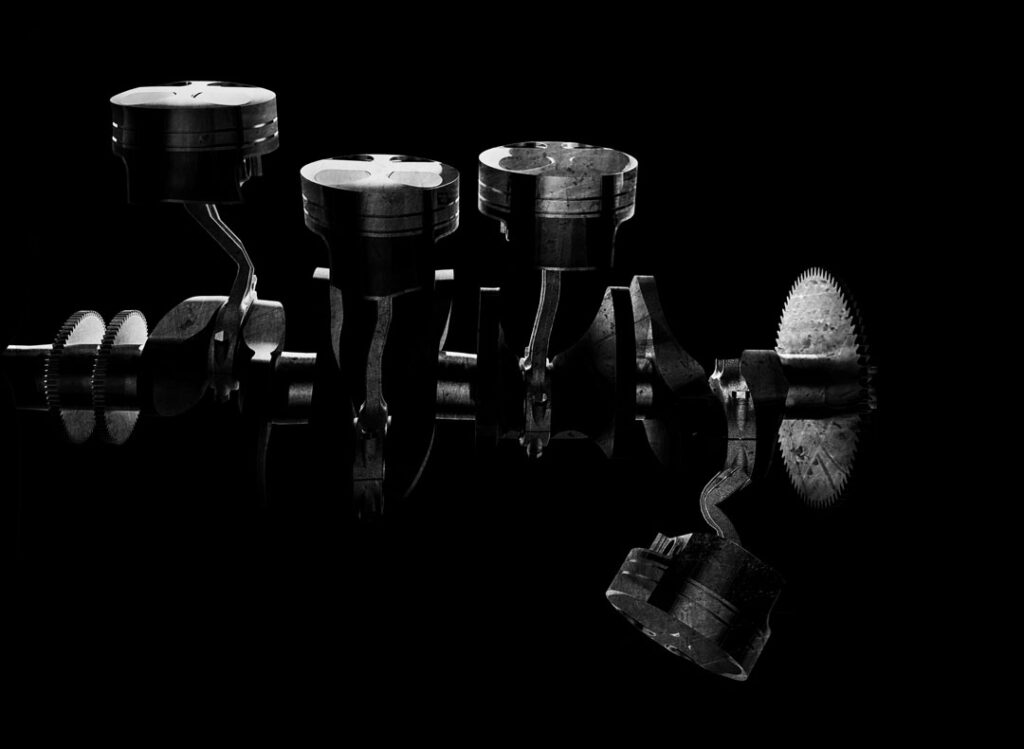McLellan: Being a nice guy matters

DREW MCLELLAN May 8, 2015 | 11:00 am
3 min read time
625 wordsBusiness Record Insider, Sales and MarketingMillions of people tuned in to watch the Mayweather versus Pacquiao fight last Saturday and after the fight the consensus was that the wrong guy won.
Yes, there were all kinds of complaints about how boring the fight was but beyond that; people were disappointed by the outcome. Mayweather was the Darth Vader to Pacquiao’s Luke Skywalker. The crowd roared when Pacquiao was introduced and hissed at Mayweather. Mayweather was the villain and everyone was rooting for the scrappy underdog hero.
Mayweather is a publicity machine. He’s a bold braggart who taunts his opponents and the media. Beyond that, his out of the ring behavior includes a jail stint, the physical abuse charges pressed by both his wife and girlfriend (he plead guilty) and other behaviors that hardly cast him as the hero in this story.
When the fight ended and the ring announcer declared that Mayweather won the fight by a unanimous decision of the judges, he was booed. Hardly the call of a champion.
The truth of the matter is, despite our society’s celebration of bad boys (and girls), at the end of the day we want to cheer for the good guy. That’s as true in business as it is in sports or movies.
As a business or business owner, you can’t really announce that you’re a good guy. That’s a little like trying to convince someone through words that you’re honest. It’s more of a “show me rather than a tell me” tactic.
Let’s assume you’re already one of the good guys. That’s great – but if no one knows it, it’s not very helpful. Here are some ways to make sure you get cast as the hero.
Consolidate: Lots of businesses serve nonprofits, make donations and do good works. But most do it bit by bit. A dollar or two there, a logo among a sea of logos on a t-shirt here, etc. You’ll get more marketing bang for your buck if you do fewer things in a bigger way.
Being one of 10 sponsors at the lowest level is a lovely gesture but it doesn’t serve you, from a marketing perspective. You’re much better off (assuming you do not have the charitable giving budget of a Fortune 1000 company) if you choose fewer causes and support them in a more significant way.
Connect: Link your good deeds to the work you do and the people you serve. Look at examples like Wendy’s (adoption), Dawn (disaster clean up), Dove (real beauty) or Hanes (I hope you get socks for Christmas/homeless) to see how big brands are creating opportunities to serve a community that resonates with their core audience.
Know who your core customers (and employees) are and what issues they’re passionate about. Embrace one of those and then invite your customers and employees to be part of the effort. Go beyond giving and move to community building.
Bring it home: You can’t go out into the community and be perceived as a giver if your business policies could have been written by Scrooge. You have to be a genuine hero at home first. Review your employee handbook and policies. Look at how you treat your people because they’re your walking, talking billboards. If you step out into the community declaring yourself a giver and it’s not true inside your organization, they’ll set the record straight.
You should also examine how you deal with your customers. Are your policies built to take good care of them, give them grace during returns or disputes and shower them with gratitude? Don’t take your hero efforts on the road until you’ve mastered them in house.
Be the hero to your team, your customers and your community. Then we’ll all cheer your successes.









